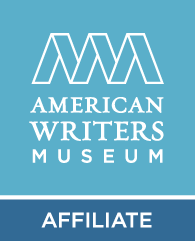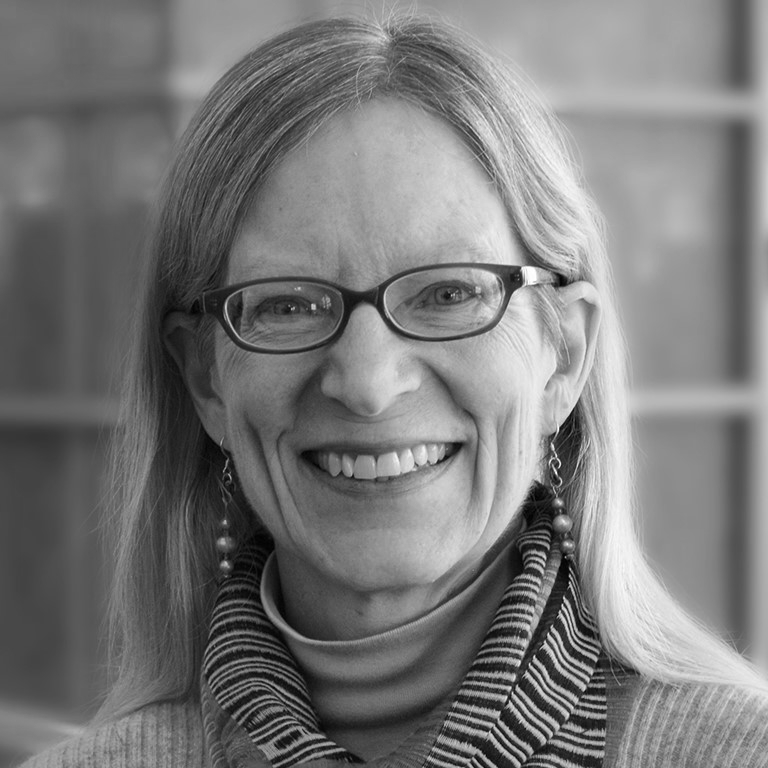
Jason M. Kelly grew up just outside of Philadelphia. He completed his undergraduate studies at Penn State and then moved to California, where he received his PhD in history at the University of California in Santa Barbara. He moved to Indianapolis in 2004 to join the faculty at IUPUI.
Dr. Kelly is a professor of history and director of the IUPUI Arts and Humanities Institute. He is the author of The Society of Dilettanti: Archaeology and Identity in the British Enlightenment (Yale University Press, 2010) and the lead editor of Rivers of the Anthropocene (2017) and An Anthropocene Primer (2017). He has authored dozens of articles in scholarly journals, including the American Historical Review, American Anthropologist, Journal of British Studies, Journal of Contemporary Archaeology, and the American Journal of Semiotics.
He is a Fellow of the Society of Antiquaries of London and the Royal Historical Society.
His interdisciplinary research examines the intersections of art, science, and society in eighteenth-century Europe; the deep history of human-environment entanglements; and the social context of contemporary art practice.
Hey, Jason. What a resume! You are a busy man! Thanks for taking time to talk to us about your interest in Kurt Vonnegut and your work with the Kurt Vonnegut Museum and Library. Let’s start with this question: We hear you are a global expert on water. That seems “Vonnegutian.” Tell us about your involvement in clean water.
Ha ha! Yes, it’s definitely “Vonnegutian.” I often think how prescient Vonnegut’s book Cat’s Cradle is when it comes to environmental concerns.
Much of my work on water has focused on collaborating with scientists, social scientists, humanists, and artists. I think that this is an essential task. The environmental challenges we face can’t be solved simply through engineering ourselves out of our problems (Vonnegut constantly emphasized this fact). Environmental conditions are inextricably connected to social beliefs, norms, and practices. If we want to find solutions to environmental challenges, we need the expertise of deep thinkers from many backgrounds.
Right now, I’m working on a few projects related to water, some here in Indianapolis and others further abroad in places such as Britain, India, and Australia. In Indy, I direct a project that works with folks in our schools of science and public health as well as community organizations to study lead in drinking water. Associated with this, we have been running an oral history project and will begin a series of community reading groups focused on environmental issues.
When in your life did you first get to know the work of Kurt Vonnegut?
It feels as if Vonnegut has always been around, at least since high school, but it was in graduate school when I really started reading his work. Vonnegut’s critique of war particularly resonated with me. In some ways, he reminded me of my grandfather, who, like Vonnegut, served in World War II and understood the heavy toll that war exacted on soldiers and civilians alike.
What is your favorite Vonnegut quote and why?
It’s not really fair to ask me what my favorite quote is. There are too many. But, I’m going to go with “We are healthy only to the extent that our ideas are humane.” It’s the epitaph on Kilgore Trout’s grave from Breakfast of Champions.
I think that Vonnegut gets at a profound truth here: the recognition that we are all interdependent and that both our individual and our collective well-being is predicated on our commitment to others.
How did you get involved with KVML?
While I’ve worked with KVML on a few projects over the years in my role as director of the IUPUI Arts and Humanities Institute, I just recently joined the board. I am particularly excited about working with KVML in programming–developing workshops and lectures and finding ways that our institutions can work together to drive creativity, foster learning opportunities in the community, and amplify the intellectual and humane legacy of Kurt Vonnegut.
What are your hopes for KVML as we move forward?
I see KVML as a central spot for local and visiting writers and artists–a space that cultivates diverse talent and draws leading thinkers from around the globe.



